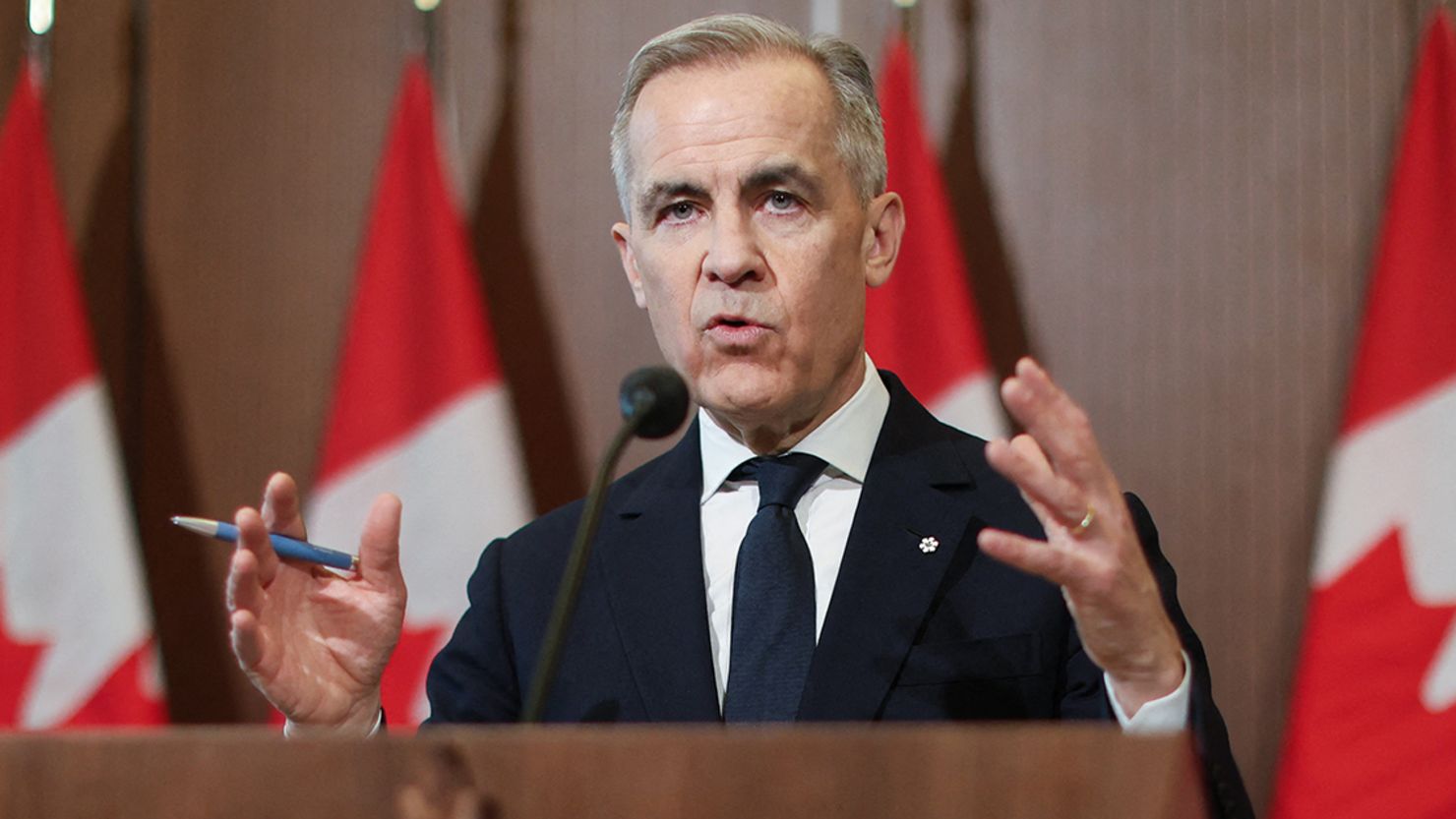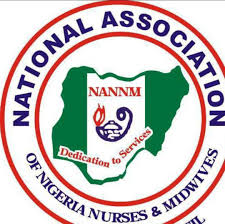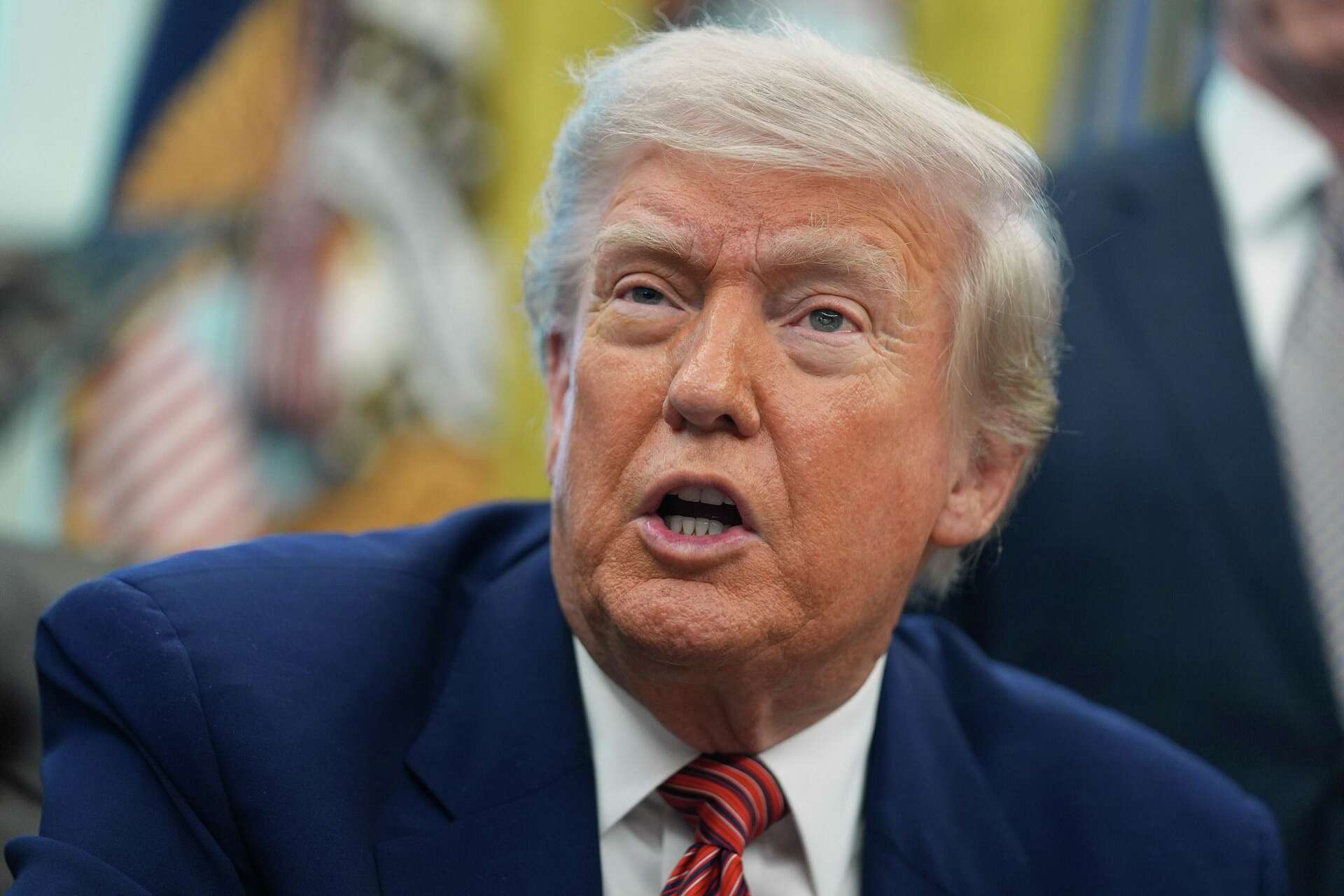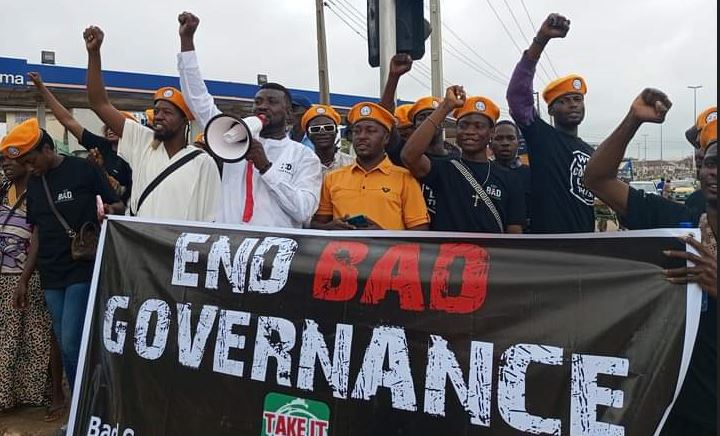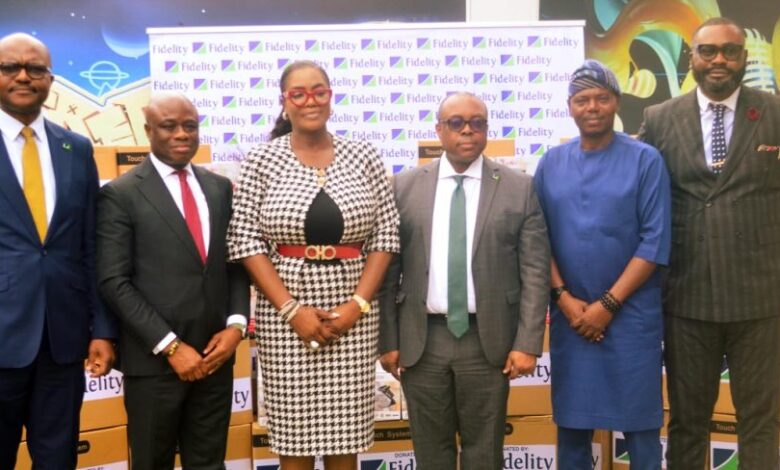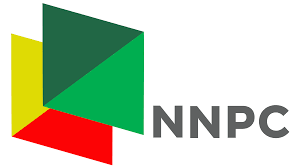By Ayomide Otitoju
The Nigerian National Petroleum Company Limited (NNPCL) is working to ensure that Nigerians enjoy a 50 percent discount on the cost of converting their vehicles to run on Compressed Natural Gas (CNG).
Executive Vice President, Gas, at NNPCL, Mr. Lekan Ogunleye, made the disclosure during an investigative hearing by the House of Representatives Ad-Hoc Committee on the Implementation of the CNG Policy, held Thursday in Abuja.
Ogunleye revealed that NNPCL has appointed a focal person to coordinate with investors interested in gas conversion and emphasised the company’s support for private sector involvement, noting that critical infrastructure for the CNG rollout is already in place.
He praised the administration of President Bola Tinubu for reviving the CNG initiative, which he said had previously failed under past efforts.
Also speaking at the hearing, the Project Director of the Presidential Compressed Natural Gas Initiative (PCNGi), Mr. Michael Oluwagbemi, noted a remarkable expansion in the programme, stating that conversion centres have grown from seven to 300 across 24 states.
He revealed that some sectors are already benefitting from free vehicle conversions through partnerships and highlighted the initiative’s zero-tolerance policy on corruption, disclosing that two erring staff had recently been dismissed.
Oluwagbemi called for increased funding to accelerate the programme and assured the lawmakers that the remaining states would soon be covered.
He added that more Nigerian youths are being trained to support the rollout of phase two of the initiative.
In his presentation the Minister of State for Petroleum (GAS) Mr. James Ekperikpe says the NIgerian government has put measures in place to build more CNG conversion centres across the country.
The Minister, who was represented by the Permanent Secretary of the ministry Mr. Vitalis Ibe said that the initiative which is pocket friendly, will help combat the issues of climate change, and reduce emission among other challenges.
He said that more Nigerians are embracing CNG which according to him is safer, cleaner and more environmentally friendly.
The Speaker of the House of Representatives Mr Tajudeen Abbas who declared the Investigative Hearing open, said that the CNG policy is a key component of NIgeria’s energy transition agenda.
The Speaker said it represents a strategic shift towards cleaner, safer, and more economically viable alternatives to conventional fossil fuels, especially in our transportation sector.
Abbas, who was represented by the Member representing Jibia/Kaita Federal Constituency of Katsina State, Hon Sada Soli, said with Nigeria’s abundant reserves of natural gas, the promotion of CNG as a motor fuel is not only logical but also vital to achieving our broader goals of energy security, environmental sustainability, and economic diversification.
He said the hearing today is convened to evaluate the status of the CNG policy implementation, interrogate the processes, identify bottlenecks, and ensure that the policy is being pursued in a manner that is transparent, safe, viable, and ultimately beneficial to the Nigerian people.
The Chairman of the House of Representatives Ad-Hoc Committee on the Implementation of the Compressed Natural Gas (CNG) Policy, Hon. Jaha Ahmadu Usman, raised questions about the accessibility, sustainability, and equity of Nigeria’s CNG rollout, warning that the policy risks failure without urgent transparency and stronger oversight.
He described the policy as bold in ambition but beset by troubling realities that must be confronted if it is to serve Nigerians effectively.
Usman said that following the removal of fuel subsidies in May 2023, the Federal Government introduced the Presidential CNG Initiative (Pi-CNG) as part of its Renewed Hope Agenda, aiming to cushion economic shocks, lower transportation costs, and advance clean energy goals. However, more than a year after its launch, major concerns remain unresolved.
“While the policy was envisioned as transformative, especially for low-income earners and commercial drivers, its implementation has raised serious questions about safety, access, affordability, and public awareness,” he said.
According to Usman, the committee’s core mandate is to investigate four key areas: the safety, viability, and sustainability of the CNG programme; the geographic equity in the distribution of conversion centres; whether the initiative aligns with global best practices; and whether Nigeria’s legal and regulatory framework is adequate for overseeing such a complex transition.
The National Union of Road Transport Workers, The Road Transport Workers Employees Association of Nigeria and other stakeholders at the hearing commended the CNG initiative but appealed to the government that all states are made to benefit from the initiative.


